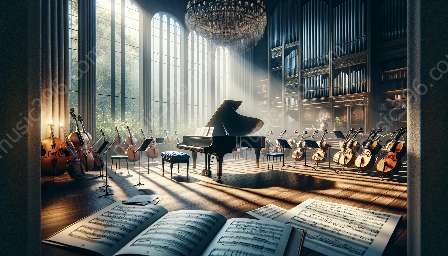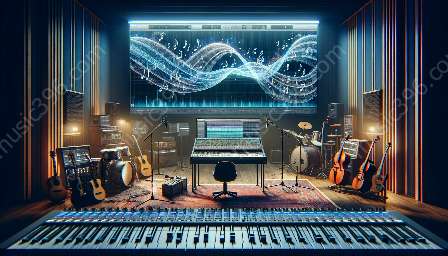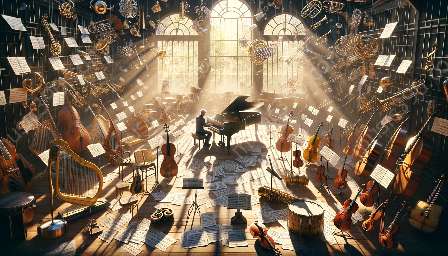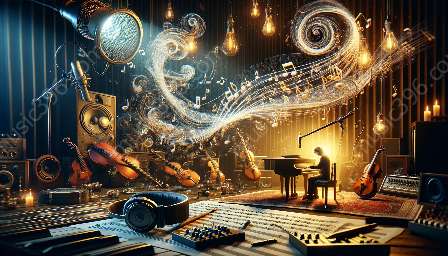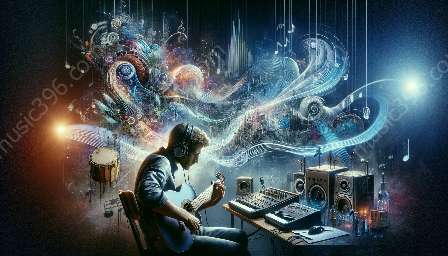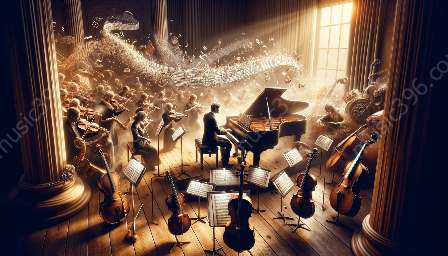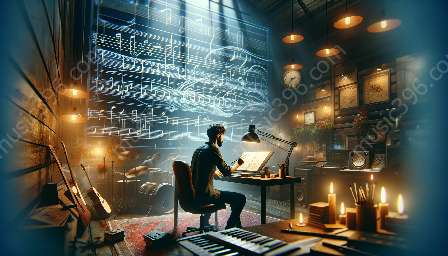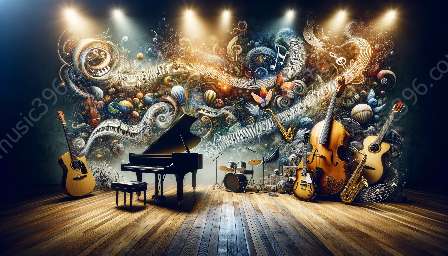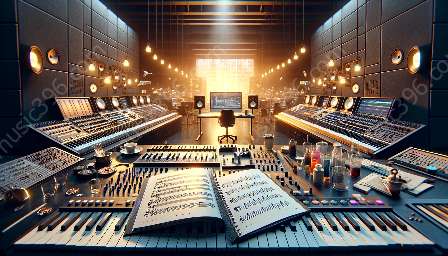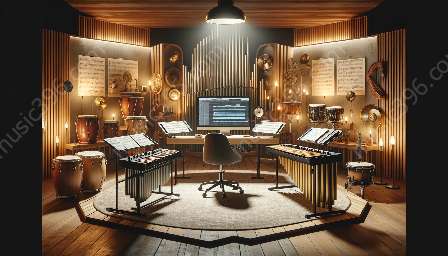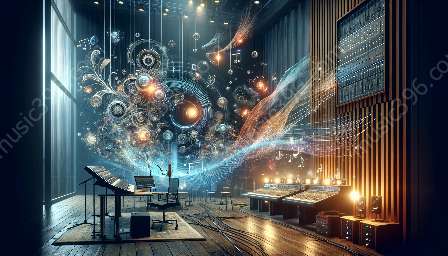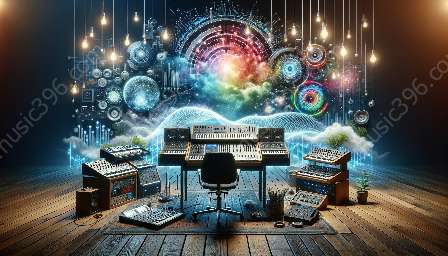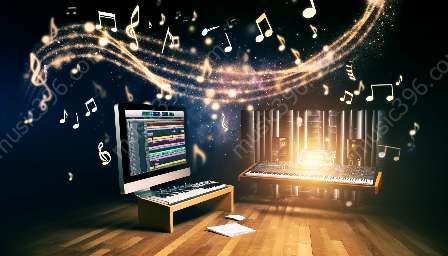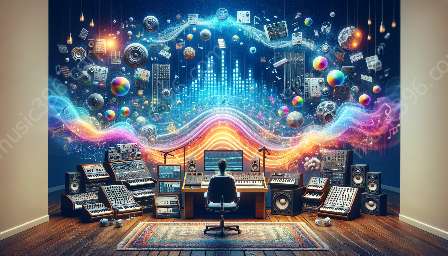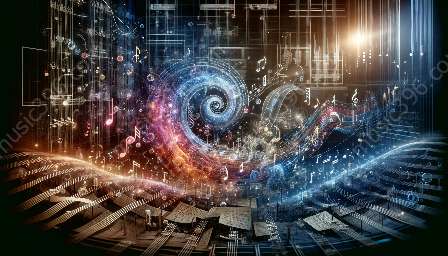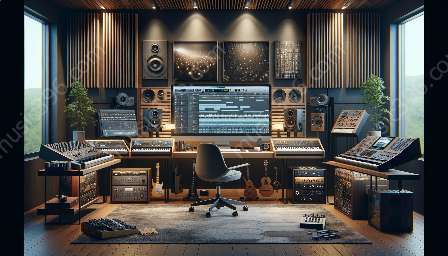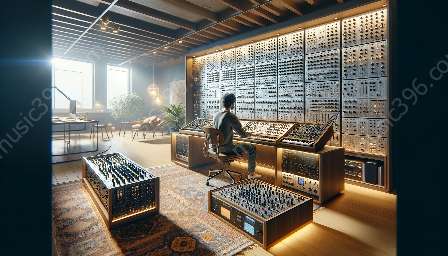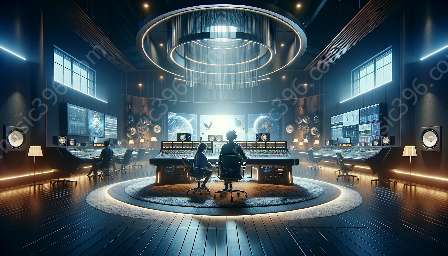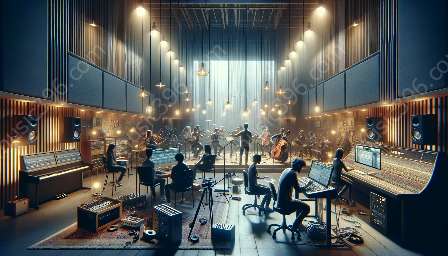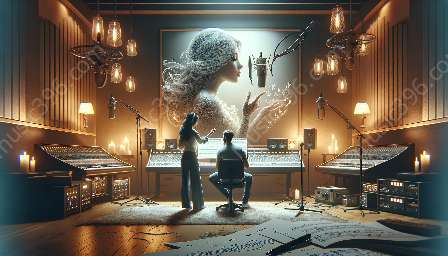Technology has had a profound impact on modern songwriting, revolutionizing the creative process and opening up new possibilities for artists. In this topic cluster, we will explore how advancements in technology have influenced songwriting techniques and music composition, and how artists are leveraging these tools to create compelling music.
Songwriting Techniques and Traditional Approaches
Before delving into the intersection of technology and songwriting, it's important to understand the traditional approaches to songwriting. Songwriters have long relied on fundamental techniques such as melody, harmony, rhythm, and lyrical storytelling to convey emotions and narratives through music. These timeless techniques form the backbone of songwriting and continue to guide artists in crafting impactful compositions.
Role of Technology in Songwriting
With the advent of technology, songwriting has undergone a significant transformation. Tools and software designed specifically for songwriters have become indispensable in the creative process. MuseScore, for example, is a widely-used music composition software that enables songwriters to notate and arrange their musical ideas with precision. Digital audio workstations (DAWs) like Ableton Live and Logic Pro have empowered artists to produce, manipulate, and arrange audio recordings with unprecedented flexibility.
Additionally, the rise of virtual instruments and sample libraries has expanded the sonic palette available to songwriters. These virtual tools allow musicians to access realistic simulations of traditional instruments, as well as innovative electronic sounds, fostering new avenues for creative expression.
Impact on Songwriting Workflow
Technology has streamlined the songwriting workflow, enabling artists to experiment with innovative ideas more efficiently. Furthermore, collaborative songwriting platforms have emerged, allowing musicians to collaborate remotely in real-time, transcending geographical barriers and fostering global artistic connections.
Music Composition and Digital Innovations
Beyond songwriting, technology has also reshaped the landscape of music composition. The use of algorithms and AI-powered tools has generated new possibilities for composers, offering algorithmic composition and real-time music generation based on complex mathematical models.
Furthermore, advancements in digital signal processing (DSP) have given rise to new production techniques, such as spectral sound manipulation and granular synthesis, adding layers of intricacy to music composition. These innovations have expanded the sonic palette available to composers, enriching their ability to create immersive and sonically diverse compositions.
Challenges and Opportunities
While technology has brought about numerous opportunities for modern songwriting and music composition, it has also presented challenges. The ease of access to digital tools and software has led to an oversaturation of music production, making it challenging for emerging artists to stand out in a crowded digital landscape.
Furthermore, the reliance on technology has sparked debates about authenticity and human expression. Some argue that the omnipresence of digital manipulation and auto-tuning has diluted the raw emotion and imperfections that characterize human performance, raising questions about the balance between technological precision and genuine artistic expression.
Future Trends and Innovations
Looking ahead, the intersection of technology with songwriting and music composition is poised for continual evolution. The integration of artificial intelligence and machine learning algorithms into creative processes holds the potential to revolutionize how music is conceptualized and produced.
Virtual reality (VR) and augmented reality (AR) technology are also beginning to shape the way audiences experience music, offering immersive and interactive platforms for musical storytelling. These emerging technologies are likely to influence not only the creative process but also the way music is performed and consumed.
Conclusion
Technology has undeniably reshaped modern songwriting and music composition, offering a diverse array of tools and techniques for artists to explore. As the synergies between technology, songwriting techniques, and music composition continue to evolve, it is crucial for artists to embrace these advancements while preserving the intrinsic elements of creativity and genuine expression that define great music.



